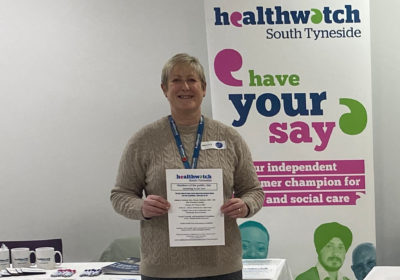The impact of months of lockdown restrictions, job losses and, for many, personal loss has taken its toll, exacerbating the already worsening issue of mental health conditions.
Levels of anxiety, fear, isolation, social distancing and restrictions, uncertainty and emotional distress experienced have become widespread as we struggle to bring the virus under control and to find solutions.
According to research by UK charity MIND involving more than 16,000 people, more than half of adults (60%) and over two thirds of young people (68%) said their mental health got worse during lockdown.
Further research by Rethink Mental Health shows that nearly 80% of people living with mental illness say that Covid-19 and the national response have made their mental health worse.
The World Health Organization (WHO) said: “The past months have brought many challenges: for health-care workers, providing care in difficult circumstances, going to work fearful of bringing COVID-19 home with them; for students, adapting to taking classes from home, with little contact with teachers and friends, and anxious about their futures; for workers whose livelihoods are threatened; for the vast number of people caught in poverty or in fragile humanitarian settings with extremely limited protection from COVID-19; and for people with mental health conditions, many experiencing even greater social isolation than before. And this is to say nothing of managing the grief of losing a loved one, sometimes without being able to say goodbye.”
Our mental health is just like our physical health; everybody has it and we need to take care of it.
Mental health problems affect around one in four people in any given year. They range from common problems, such as depression and anxiety, to rarer problems such as schizophrenia and bipolar disorder.
This Saturday we mark World Mental Health Day, a programme of the World Federation for Mental Health which was observed for the first time on October 10th 1992. To mark the 29th World Mental Health Day, MIND is calling on everyone to do one thing for better mental health.
The charity said: “Whether it’s going for a walk, learning a new skill or doing something creative, taking the first steps to getting support for yourself, or reaching out to someone else; take the opportunity to do one thing this World Mental Health Day.
“From lockdown, to furlough, to job losses. We’ve all found ourselves under pressure. Lockdown has affected us all in different ways, and it is only normal to feel uncertain about what the future holds. The stress of this uncertainty could be having an impact on your mental health too.
“Whatever you’ve been through this year, World Mental Health Day is a chance to make a positive change for the mental health of your workplace. But it can be hard to know where to start sometimes.”
MIND has produced some wellbeing tips and also this film:
Healthwatch South Tyneside has a dedicated area on our website with advice and information on mental health for young people.
It includes details on forums you can join, Apps and videos you can download, and how to access local services.
Visit: healthwatchsouthtyneside.co.uk/young-healthwatch/your-mental-health






